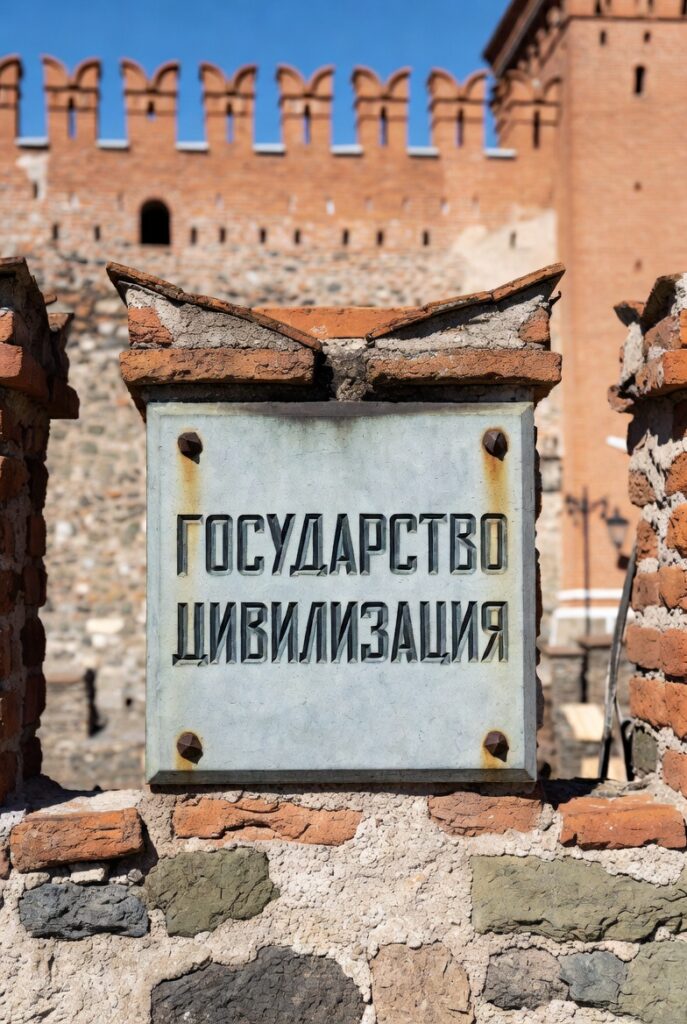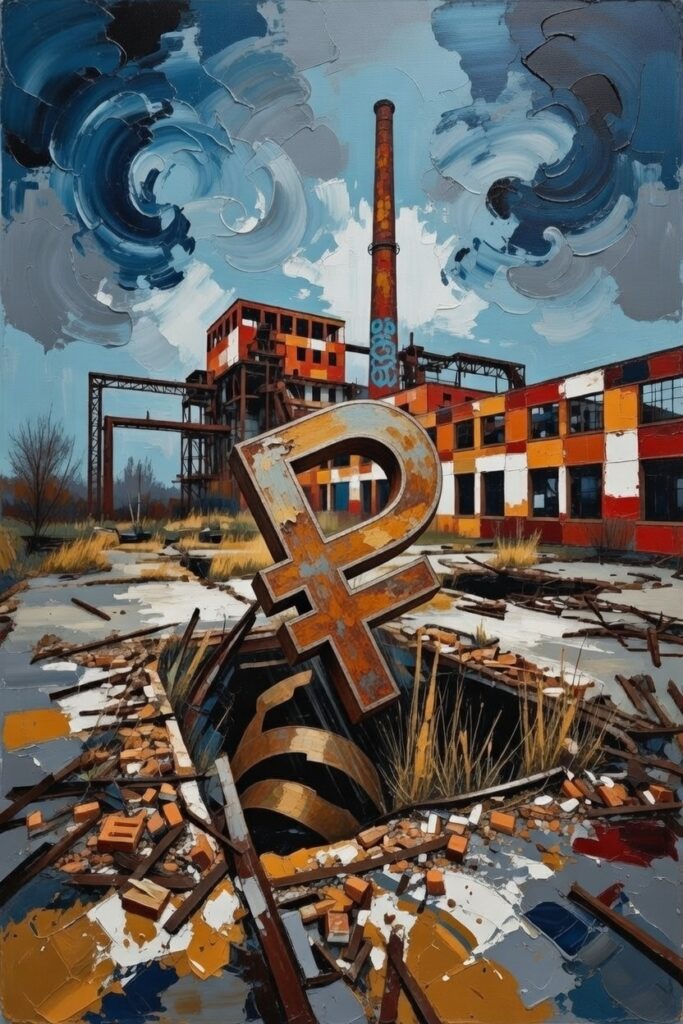At a meeting with Russian business, Vladimir Putin openly discussed measures against foreign companies operating in Russia or planning to return. Stanislav Iodkovsky, CEO of IVA Technologies, a company developing video conferencing software, asked the president to address the issue of Microsoft and Zoom, whose services Russians continue to use. Iodkovsky noted that major state corporations have reportedly switched to domestic software, but the problem lies with ordinary users. Putin responded that foreign developers need to be «strangled.» He also had words for those fond of their products: «Let’s go after everyone who can’t kick these bad habits yet. Alright? Let’s do it. I’m not joking, seriously,» the president remarked.
Oleg Paroev, director of «Vkusno i Tochka,» which took over McDonald’s niche, expressed concerns about the American company potentially returning. Putin inquired whether McDonald’s has a buyback right. Upon learning that such a right exists, he offered advice: «Remember the famous joke: ‘Only cowards pay their debts.’ It’s the same here. They put everyone in a tough spot, left, and now, if they want to come back, should we roll out the red carpet for them? Of course not. If they have a buyback right, it’s surely tied to some timeframe or conditions, for a certain number of years. I’m a lawyer by training—I know how this works. If you give me the contract, I’ll flip through it and show you what needs to be done. We have great specialists here—we’ll definitely help you, no doubt about it,» Putin reassured Paroev. In February, Putin had already promised to create informal obstacles for Western companies wanting to return to the Russian market.
The president also hinted at problems for foreign marketplaces, which, in his view, allow «anything to be imported in any quantity.» This was not about departed or even remaining Western companies from «unfriendly countries» (European and American marketplaces don’t operate in Russia) but about firms from friendly China.
With striking simplicity, Putin publicly discusses legal, semi-legal, and outright unlawful methods to block foreign businesses from entering Russia and restrict companies even from friendly countries if they start to interfere. «Only cowards pay their debts,» he says, musing on how to nullify buyback agreements. Notably, despite the pro-Kremlin media campaign, there are no signs of companies eager to return to Russia. However, civilian officials and businessmen, like Kirill Dmitriev, head of the Russian Direct Investment Fund, understand that the return of Western companies could help Russia’s economy recover. They hold informal talks to persuade some firms to re-enter the market. Dmitriev, for instance, uses this for negotiations with Donald Trump’s circle, with his fund and the government preparing proposals for potential U.S. cooperation. Influenced by his entourage, which acquired Western assets, and anti-Western security officials, Putin opposes such returns and undermines his subordinates’ efforts with his candid remarks. Western companies, already hesitant to return due to business risks, get further reasons to stay away: Putin openly says they’ll face both legal and extralegal obstacles. Moreover, he undermines the Kremlin’s political and media efforts, which, amid positive public expectations from negotiations, have been boosting social optimism and spreading news of familiar brands returning soon. These efforts suggest Russians hoped for and still expect the return of departed brands. The tactic seemed to work—FOM’s anxiety index has been falling in recent weeks. However, Putin’s words could negate these budding expectations. Restrictions on popular Zoom and Microsoft will affect millions of users, sparking discontent, and Russians will know whom to blame.
Putin increasingly makes public statements that breach diplomatic norms, undermining his civilian entourage’s efforts to improve the economy and maintain the regime’s approval ratings. His views, far from reality, are steeped in ultra-optimism: he poorly tracks news, ignoring data on problems. For example, Putin questioned Deputy Chief of Staff Maxim Oreshkin’s claim about a potato shortage in Belarus. The further this goes, the more such «Putin simplicity» will appear in public, and there will always be beneficiaries profiting from his rhetoric.
Opposition Ignores Price Hikes
Rising vegetable prices, especially for traditionally affordable potatoes and beets, are becoming a social issue. According to FOM, 46% of citizens note significant price increases for vegetables and fruits, compared to just 19% a year ago, indicating that potato price hikes are hitting even the not-so-poor. The issue is recognized at the highest level: Putin either hopes for Belarus’s help with potatoes or is surprised to learn that the neighboring country also faces shortages. The Agriculture Ministry explains that last year’s harvest is depleted, and price stabilization is only possible with the new harvest. Regions are resorting to drastic measures: Kaliningrad’s governor, Alexey Besprozvannykh, banned potato exports, reminiscent of 1990s restrictions in agricultural regions. Clearly, the rising cost of «people’s» vegetables is a serious problem, and the authorities recognize it.
In a real competitive political environment, vegetable price hikes would be a powerful tool for the opposition. Sanctions caused by the war in Ukraine disrupted supplies of equipment, fertilizers, and seeds, while the outflow of labor to the military due to lucrative contracts has undermined agriculture. The opposition could pin this on the authorities. Previously, even systemic opposition could criticize, if not the Kremlin, then the government for social issues. Communists ran notable campaigns against price or utility tariff hikes and even organized rallies. Fair Russia also capitalized on regular utility cost increases. Now, CPRF and Fair Russia representatives may criticize price hikes during press briefings in the Duma, but how many citizens watch those clips? Even on party websites, price hikes are, at best, a tertiary issue. New People don’t touch the topic at all. The systemic opposition’s attitude toward this real public concern shows what truly matters to parliamentary parties. CPRF, Fair Russia, LDPR, and New People know they could score political points and create problems for the Kremlin and United Russia. But maintaining good relations with the authorities matters more to them than voters’ concerns.










